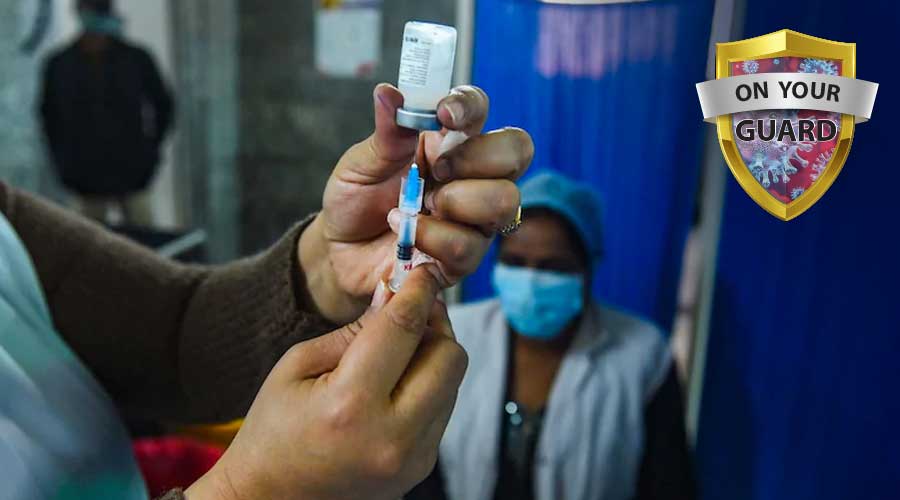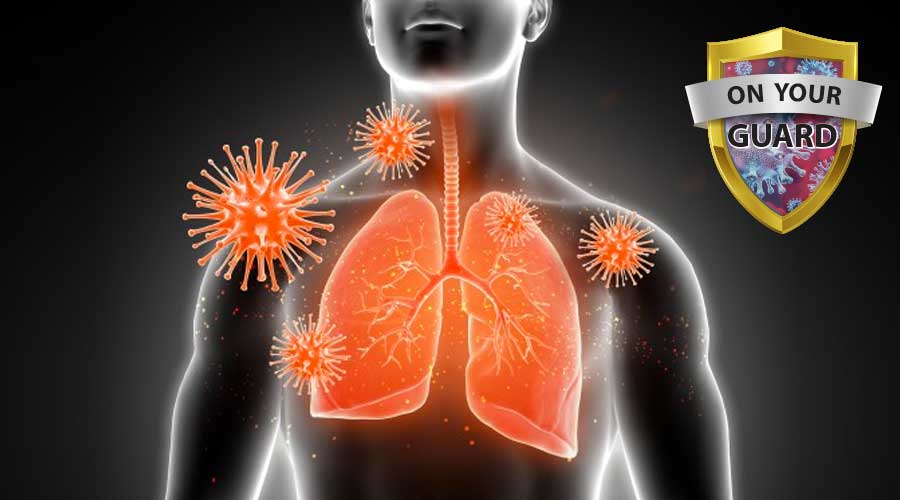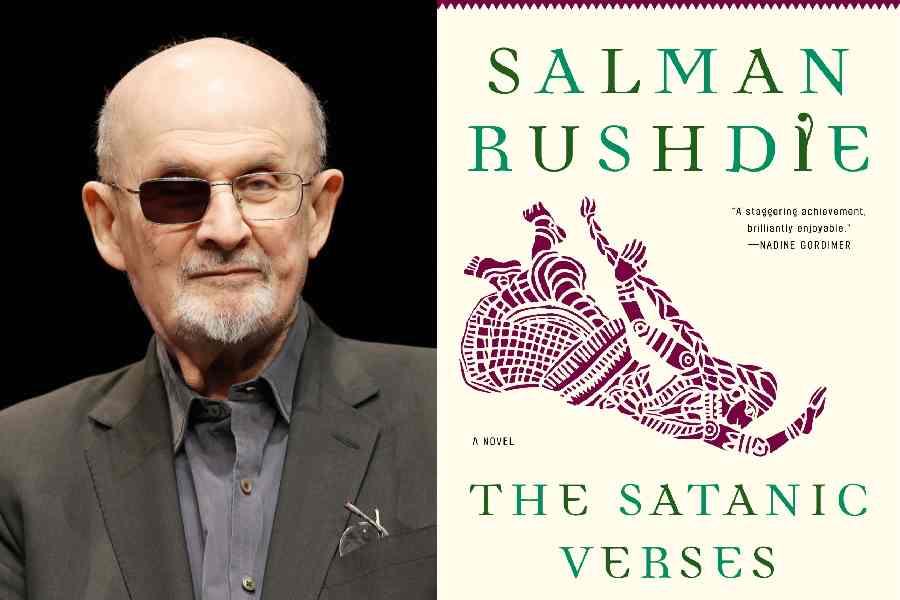There are several factors at play that explain why a high proportion of Covid-positive cases are in the fully vaccinated.
At first glance, the recent announcement by UK’s chief scientific adviser rings very serious alarm bells, but it shouldn't. The vaccines are still working very well, says a lecturer at Oxford University in The Conversation.
First, what did Sir Patrick Vallance say? The UK's chief scientific adviser announced that 40 per cent of people admitted to hospital with Covid in the UK have had two doses of a coronavirus vaccine.
But this doesn’t mean vaccines are not working, notes Jamie Hartmann-Boyce, Senior Research Fellow, Departmental Lecturer at University of Oxford in The Conversation, reports PTI.
“Covid vaccines are extremely effective, but none 100 per cent so. This itself isn't surprising since flu vaccines aren't 100 per cent effective either.
“Yet in the US alone flu vaccines are estimated to prevent millions of cases of illness, tens of thousands of hospitalisations and thousands of deaths every year. The Covid vaccines are doing the same in the UK right now all one has to do is compare the curves from the winter wave with those from this summer.
“As cases are rising, hospitalisations and deaths are rising too, but not at anywhere near the same level as they were in the winter. In the second half of December 2020, a time when UK case rates were similar to what they are now, about 3,800 people were being admitted to hospital with Covid each day.
“The average now is around 700. So though that's still higher than we wish it was, it's a lot lower than it was the last time we had this many infections.
“Covid is also growing among the vaccinated because the number of people in the UK who have had both doses is continuing to rise. At the time of writing, 88 per cent of UK adults have had a first dose and 69 per cent a second. As more and more of the population is vaccinated, the relative proportion of those with Covid who have had both jabs will rise.
“Imagine a hypothetical scenario in which 100 per cent of the population is double vaccinated, then 100 per cent of people with Covid, and in hospital with Covid, will also have had both jabs. As with deaths, this doesn't mean the vaccine isn't working. It just means the vaccine rollout is going very well.”
Hartmann-Boyce notes that comparing people with both vaccinations being hospitalised to those who haven't had both doses is erroneous. “We aren't comparing like with like. People with both vaccinations are more likely to have been at greater risk from Covid in the first place (high-risk groups were given priority during the immunisation drive). This makes them both more likely to be hospitalised and more likely to have already received both of their vaccine doses.”
Generally, the COVID Symptom Study of the UK has found that people report the same Covid symptoms whether or not they've been vaccinated, but that people who've been vaccinated have fewer symptoms over a shorter period of time, suggesting less serious illness. The most commonly reported symptoms in people who had had both doses were headache, runny nose, sneezing, sore throat and loss of smell.
The latest data from Public Health England suggests that against the delta variant, which is now dominant in UK and several other parts of the world, two doses of any of the vaccines available in Britain are estimated to offer 79 per cent protection against symptomatic Covid and 96 per cent protection against hospitalisation.
For the alpha variant, Public Health England data estimates the Pfizer vaccine to be between 95 per cent and 99 per cent effective at preventing death from Covid-19, with the AstraZeneca vaccine estimated to be between 75 per cent and 99 per cent effective. “The evidence we have so far doesn't suggest that the delta variant substantially changes this picture,” Hartmann-Boyce says.
PS: This column (source: Union ministry of health, WHO, CDC) is for general information. For specific concerns, especially for those with comorbidities, it is advisable to consult your family physician












